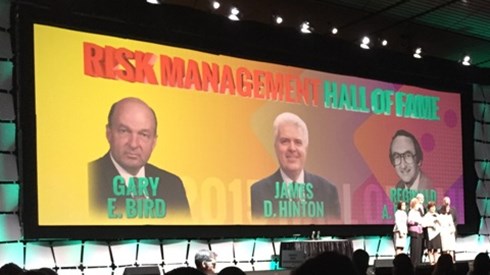Kentucky Department of Insurance
While Kentucky has not seen its captive count increase in recent years, the domicile, which had 34 captives at the end of 2024, has many attractive features that could lead to more growth ahead, captive experts say.
"Kentucky has the capacity to grow. The captive law is a very good one and the state captive regulatory staff is comprised of talented and very experienced individuals," said Chaz Lavelle, a partner with the law firm Dentons Bingham Greenebaum L.L.P. in Louisville.
"We have high-quality regulation, with regulators easily accessible," said Stuart Ferguson, managing director of the Underwriters Group Inc. in Louisville and chairman of the Kentucky Captive Association.
The parents of Kentucky captives, state regulators note, are diverse.
"Kentucky has not specialized in a particular type of captive or industry. The industries and coverages insured span the spectrum. Kentucky captive owners come from a number of industries including automobile, health care, energy, manufacturing, real estate and construction, banking, and shipping/transport and logistics," said Russell Coy, captive coordinator at the Kentucky Department of Insurance in Frankfort.
Kentucky captive insurers range significantly in size. For example, in 2021, 7 captives wrote more than $5 million in premiums, while 6 wrote between $2 million and $5 million in premiums, and 21 wrote between $1 million and $2 million in premiums.
Kentucky's premium taxes are modest, with a 0.40 percent tax up to $20 million, with the tax rate falling to 0.30 percent on premiums between $20 million and $40 million, 0.20 percent on premiums between $40 million and $60 million, and .075 percent for premiums exceeding $60 million.
Capital and surplus requirements vary by type of captive. For example, the minimum capital and surplus requirements for a single-parent captive and special-purpose captives is $250,000 and $500,000 for consortium/association captives, as well as for industrial insured and agency captives.




